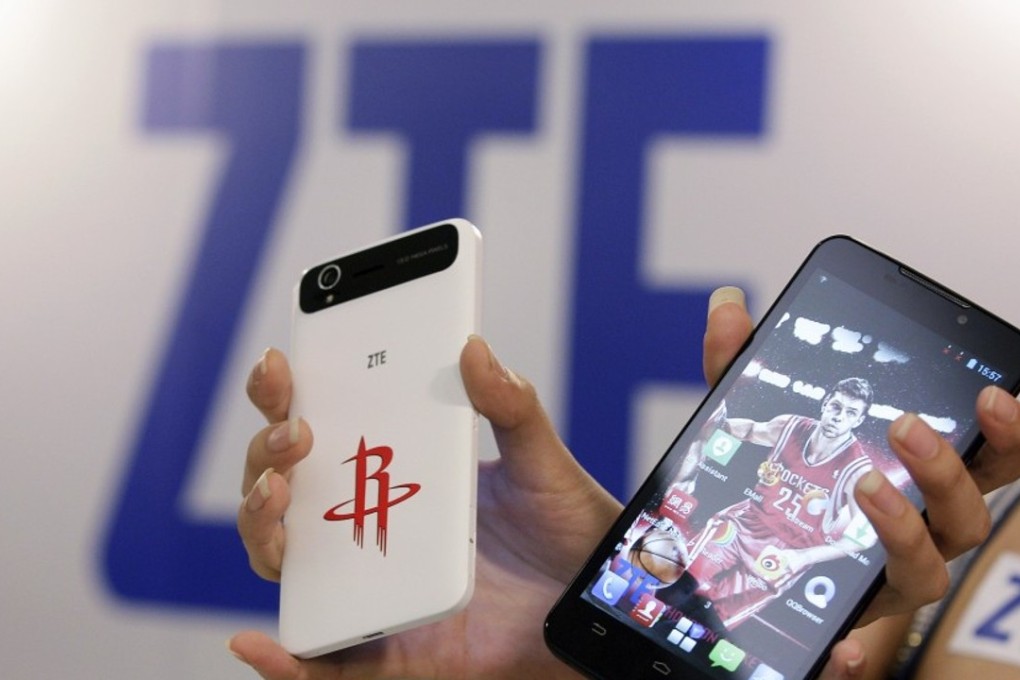Telecoms maker ZTE vows to cooperate with Washington to resolve import restrictions, but China blasts US for ‘incorrect’ handling of issue

ZTE, China’s largest listed telecommunications manufacturer, said it is fully committed to cooperating and communicating with the US government after it was placed on a list of restricted imports by Washington that took effect today.
But Chinese Foreign Minister Wang Yi was more critical of the decision, blasting the United States for imposing the restrictions on ZTE for allegedly shipping products to Iran in violation of Washington’s longstanding trade sanctions on the country.
“We don’t think this is the correct way to handle the contradictions in economy and trade between the two countries. It [Washington] is just harming others without benefiting itself,” Wang told media in Beijing on the sidelines of the ongoing National People’s Congress.
ZTE, also a major smartphone vendor in China and the United States, could face severe component supply problems from this month as a result of the restrictions.
Calling for greater cooperation across borders, Wang cited the example of the climate change talks held in Paris last December, which was capped by the signing of the Paris Agreement. China ranks as the world’s biggest emitter of greenhouse gases, followed by the United States.
From today, any of ZTE’s suppliers that plan to ship US-made components or other products to the company must apply for permission from the US Commerce Department, making export licences harder to obtain.